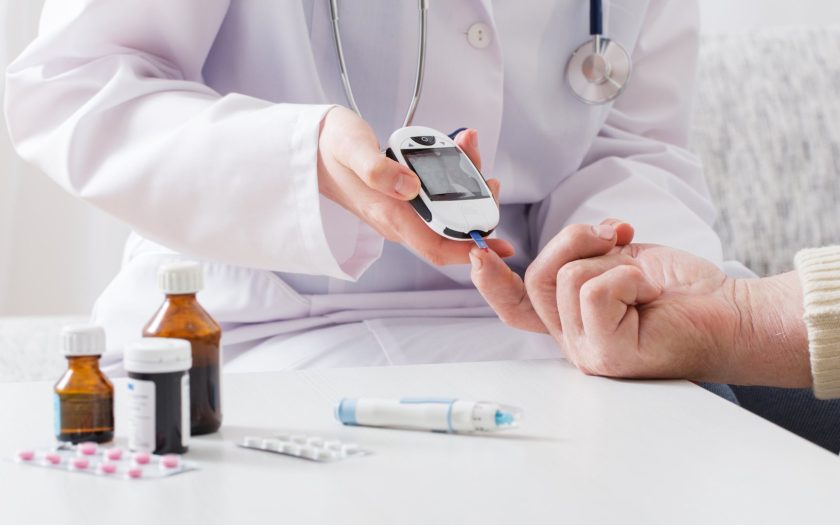In diabetes, a lot of sugar accumulates in the body that it cannot utilize, so it needs to be removed. Consequently, glucose starts to be excreted in the urine, and it leaves the body in conjunction with water molecules, leading to frequent urination. Glucose is expelled with urine instead of entering the body’s cells, depriving them of necessary energy. As a result, cells send signals to the brain indicating starvation and a need for nourishment, which increases appetite and causes thirst. The primary signs of dehydration include:
- loss skin’s elasticity,
- skin becomes dry,
- lips become pale,
- lack of saliva in the mouth.
To alleviate these unpleasant symptoms, it is essential to reduce and stabilize blood sugar levels through the use of various hypoglycemic medications (for example, Actos, Cetapin XR) or insulin injections. For type 2 diabetes, it’s important to follow a low-carb and low-calorie diet. If the condition is not treated, persistent thirst and frequent urination will continually torment a person.
The best way to quench thirst is drinking clean water from a natural source. To be well-absorbed, the liquid should be warm. Diabetics should avoid mineral water as it places additional strain on the kidneys, which are already at risk. It is also advisable to exclude fruit juices, carbonated beverages, sweetened tea and coffee from the diet. Unsweetened tea and vegetable juices are acceptable. Water lowers the level of the antidiuretic hormone vasopressin, thereby normalizing blood sugar levels. For this reason, people with this condition should never reduce their water intake. The daily water intake should be 2-3 liters, calculated at 30-40 ml per kilogram of body weight.
Insufficient consumption of clean water can lead to dehydration. In diabetes, losing 25% of the fluid is very dangerous for the body. Dehydration has three stages:
Mild Degree.
With mild dehydration, a person experiences thirst and saliva production increases. The body tries to retain moisture—urinary output slows down, and sweating nearly ceases.
Medium Degree.
With medium dehydration, a person feels intense thirst and mucous membranes dry out. Dizziness begins, extremities become cold, the heart rate increases, muscle cramps occur and the person becomes irritable and aggressive.
Severe Degree.
Severe dehydration leads to intense headaches and dizziness. The person experiences fear, irritability and weakness so severe that they cannot get up. The skin becomes dry and cool to the touch, accompanied by a rapid heartbeat and low blood pressure and there is no urination for a day. Without urgent intervention, the person may lose consciousness and enter a coma.
Proper hydration also supports cardiovascular health, which is crucial for diabetics due to their increased risk of heart-related problems. Drinking enough water helps maintain blood volume and circulation, reducing the strain on the heart.

